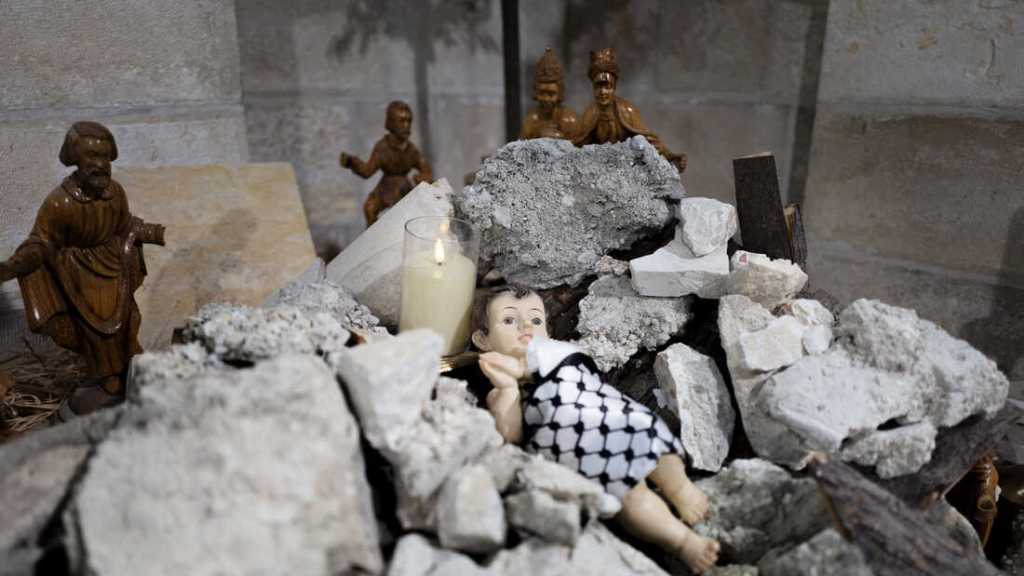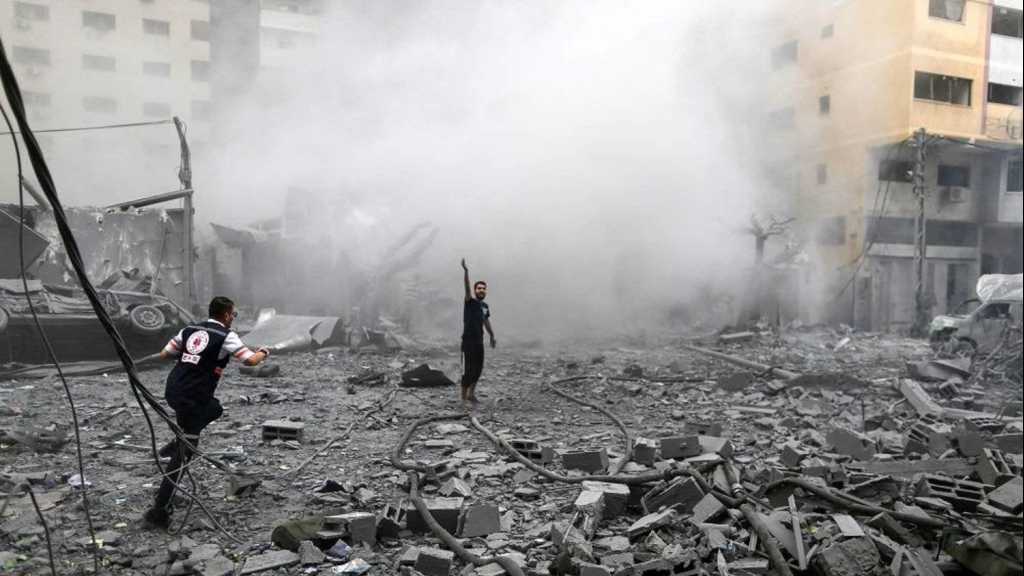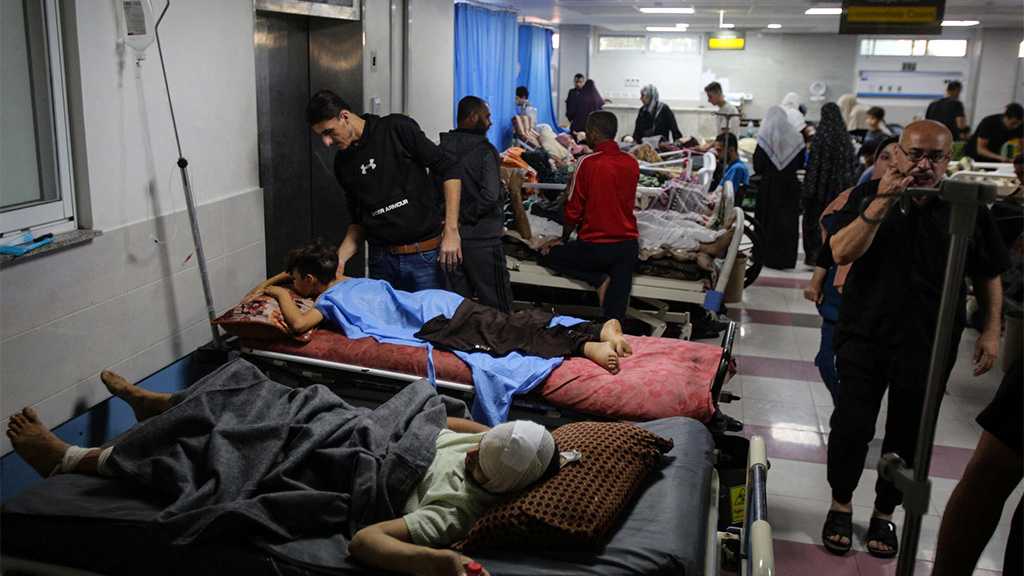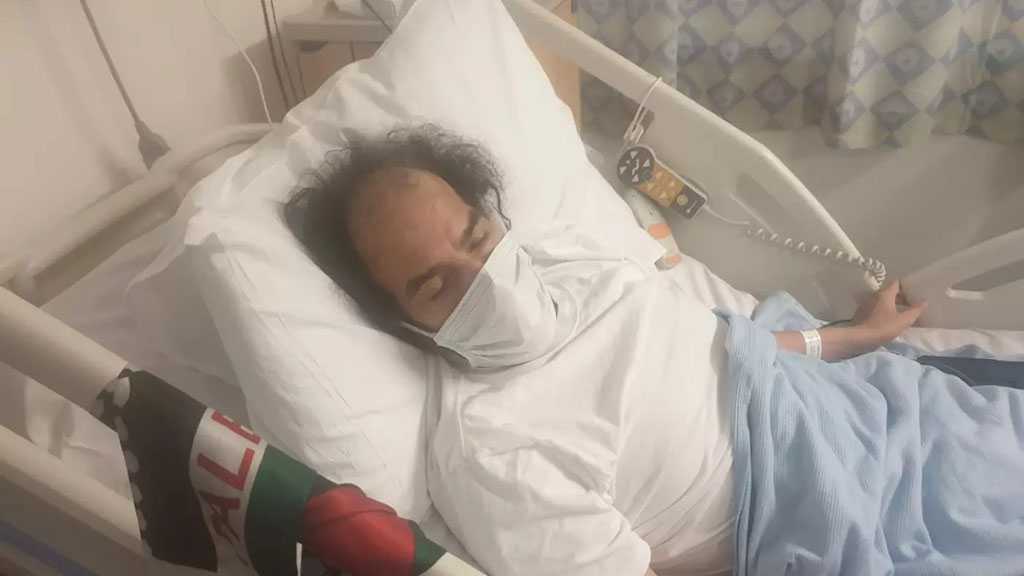
Turkey’s Purge: 300 Presidential Guards Detained, Thousands of Academic Institutions Closed

Local Editor
Turkey's purge of Gulen supporters continued on Saturday with the arrest of 300 presidential guards in addition to the closure of hundreds of private schools, charities and other institutions suspects of links with the US-based cleric. Ankara declared a state of emergency after a failed military coup.

The decree issued by President Recep Tayyip Erdogan is his first since the state of emergency was declared on Wednesday.
He has ordered the closure of 1,043 private schools, 1,229 charities and foundations, 19 trade unions, 15 universities and 35 medical institutions, state news agency Anadolu reported on Saturday.
Turkey's Ministry of National Education announced in a statement last Tuesday that it had dismissed 15,200 of its employees from their jobs over their alleged involvement in the putsch.
The Turkish public broadcaster TRT also reported that the country's High Education Board had ordered the resignation of 1,577 deans, including 1,176 in public universities and 401 in private institutions.
Sources in Turkey's Interior Ministry said on Monday that a total of 8,777 Interior Ministry officials had been suspended since July 16.
The organizations slated to be shut down are suspected of links with US-based Muslim cleric, Fethullah Gulen, a former ally of Erdogan, who turned into his fierce opponent. The Turkish government accused Gulen of having a hand behind the last week's coup attempt as well as earlier attacks on it.
In the wake of the weekend violence, which claimed at least 246 lives, Ankara launched a massive purge of suspected Gulen supporters among the military, police, judges, municipal officials and other branches of the government.
Turkish authorities had also arrested 283 members of the presidential guard of Recep Tayyip Erdogan over alleged affiliation to the last week's failed coup.
Security sources, speaking on condition of anonymity, said the suspects were part of the Special Forces regiment stationed at the presidential palace in capital, Ankara.
The sources added that the suspects will be taken to the Palace of Justice in Ankara after a police inquiry is conducted.
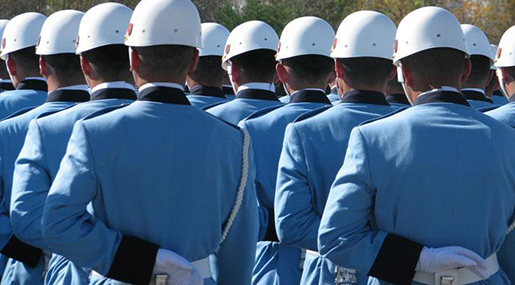
Meanwhile, an unnamed Turkish government official said 10,856 passports, including close to 10,000 green/grey ones, had been cancelled "due to flight risk," either because the holders are in custody or on the run.
Green passport holders include civil servants as well as former legislators, who can travel to some countries visa-free. Grey passports are issued to those working on government business as well as members of sports delegations.
Prime Minister Binali Yildirim vowed on Friday to adopt more measures against potential "threats" in the face of the July 15 botched putsch.
Yildirim said the danger from the attempted coup remains, but the government is trying to keep it at bay. He also assured Turkish citizens that security and safety have been ensured across the country.
"Our priority is to ensure the peace and safety of people at all places, dismiss all their concerns and control state institutions thoroughly," the premier pointed out.
Erdogan said on Thursday 10,410 people had so far been detained with 4,060 of them remanded in custody, including more than 100 generals and admirals.
He further noted that the death toll from the failed coup attempt had risen to 246 people, excluding the coup plotters, and that 2,185 people had sustained injuries.
Another such measure ordered by Erdogan on Saturday allows for longer detention of people without charge.
The three-month state of emergency declared on Wednesday gives the Turkish executive authority to pass laws without parliament's support and limit rights and freedoms as they deem necessary.
Turkey's foreign allies, the US and the EU, reacted nervously to the crackdown. The EU threatened to suspend accession talks with Ankara, if Erdogan delivered on his threat to lift a moratorium on capital punishment.
The US said Turkey should provide convincing proof of Gulen's guilt, if it wanted the cleric to be extradited. Gulen, a long-time resident of the US, has denied masterminding the coup.
Turkish officials have launched a large-scale crackdown following the July 15 attempted coup d'état. A three-month state of emergency has also been declared in Turkey.
Source: News Coverage, Edited by website team
